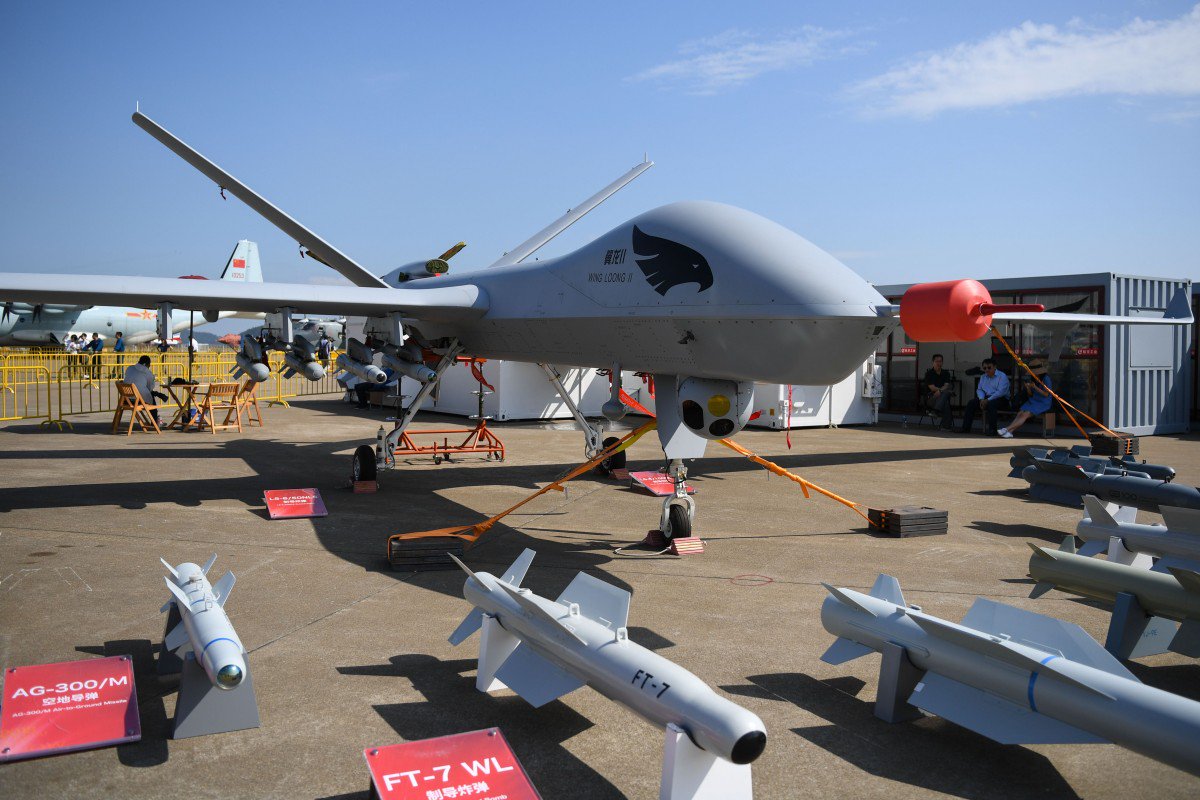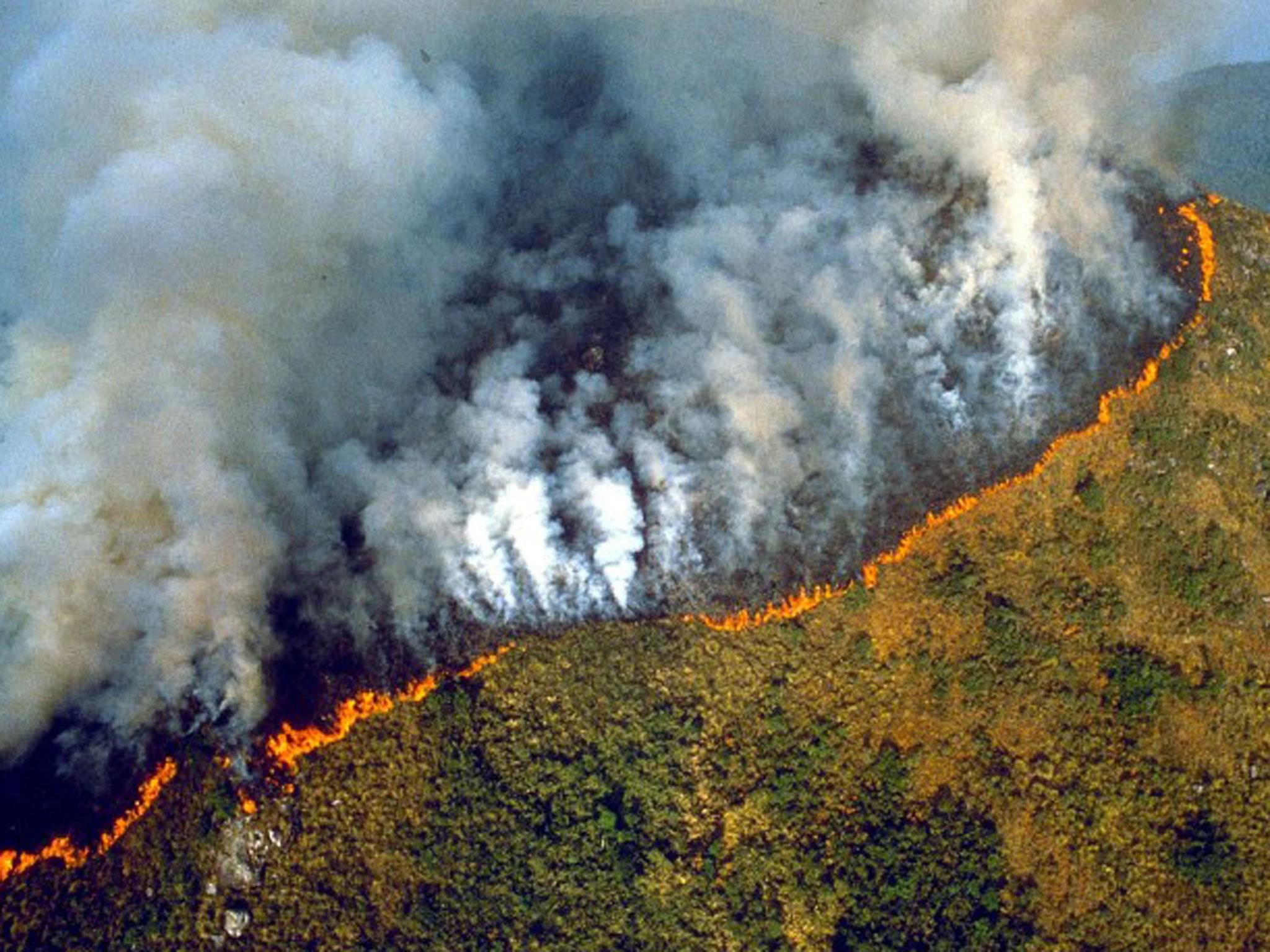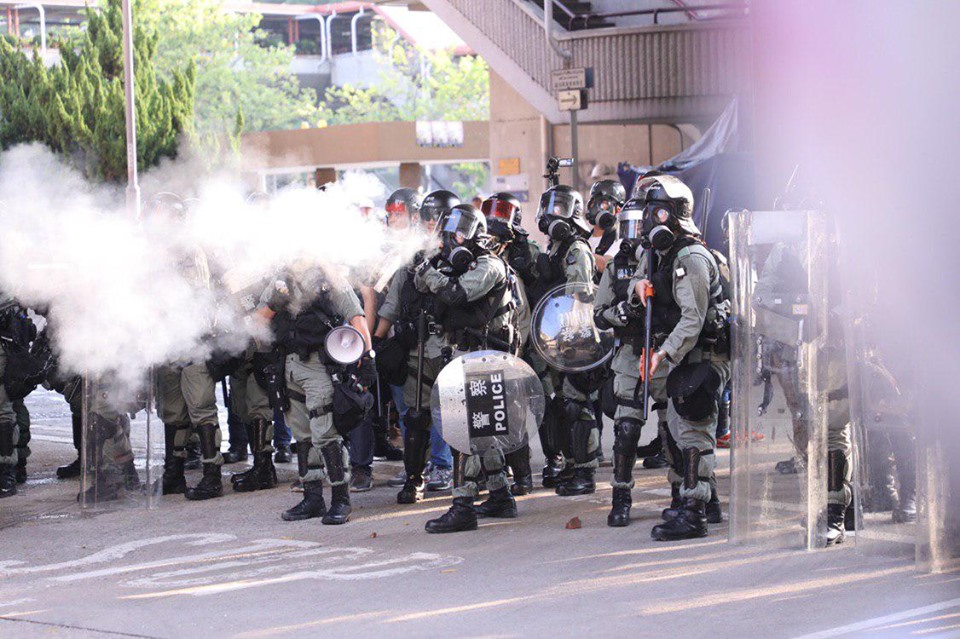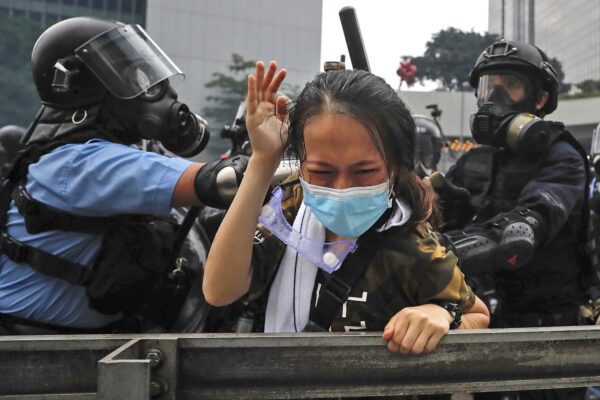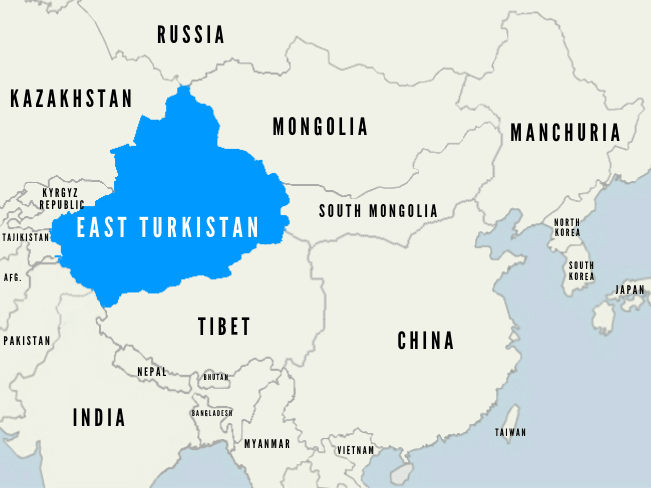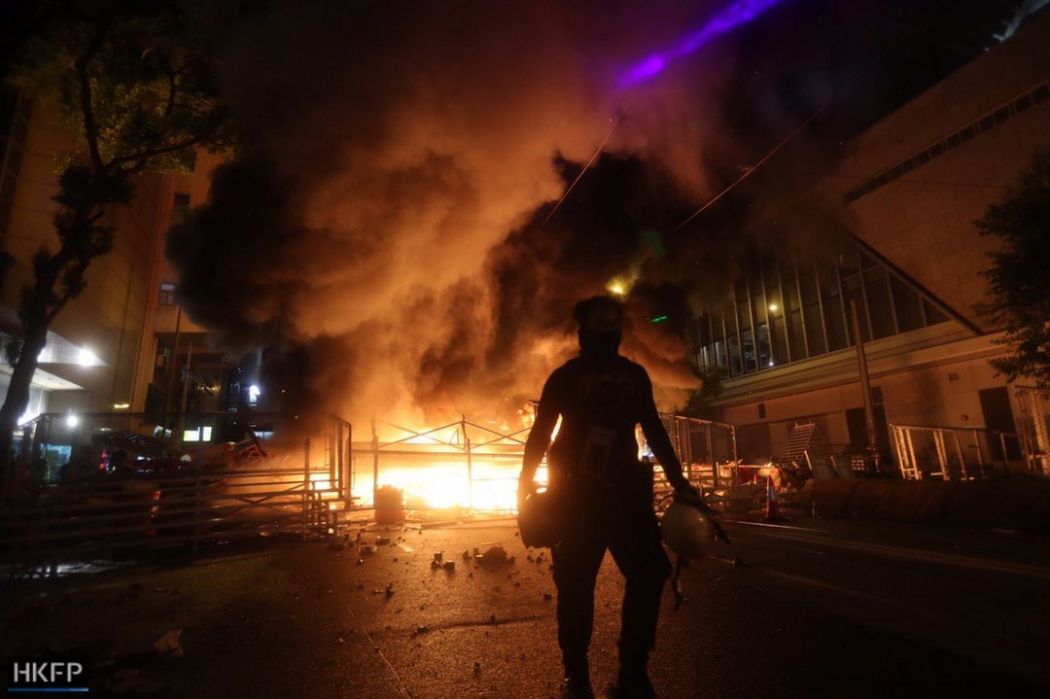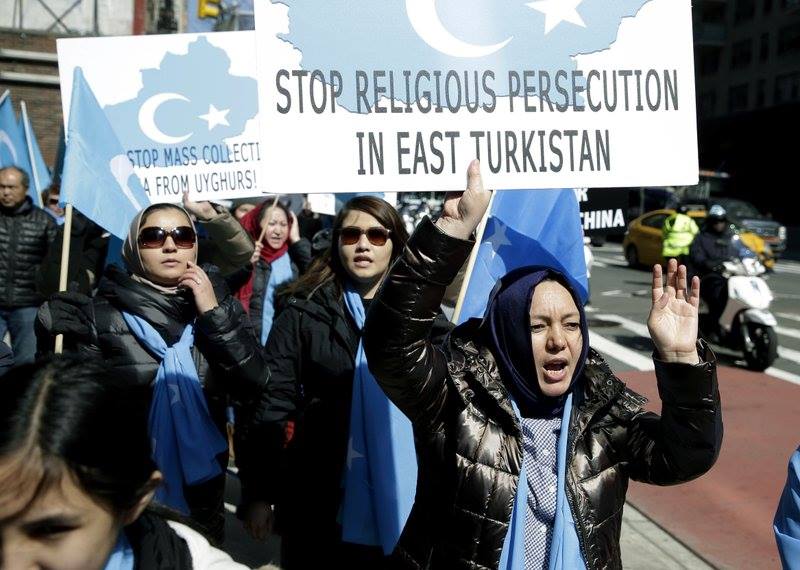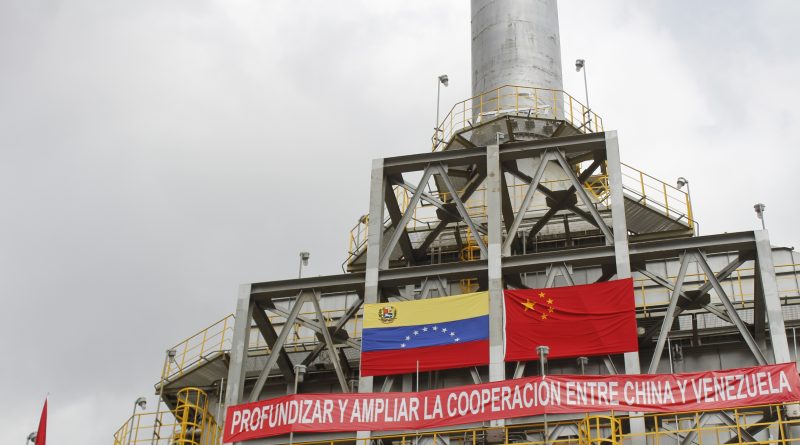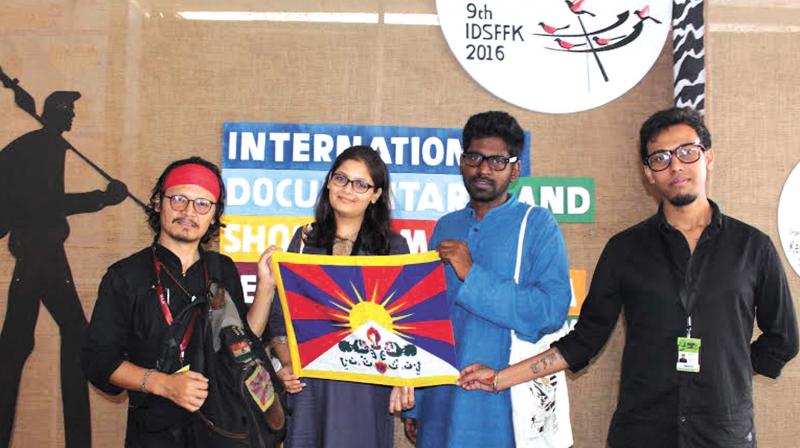
India detains Tibetan activists ahead of Xi visit
Police in south India’s Tamil Nadu state have detained nine Tibetan activists, apparently in a move to pre-empt protests ahead of the upcoming visit by Chinese President Xi Jinping for bilateral talks with Prime Minister Narendra Modi. Among those arrested was Tibetan writer and poet Tenzin Tsundue, who was detained in the town of Kottakuppam, within 100 kilometers of Mamallapuram, the city where the three-day summit is to be held. Tenzin had been arrested twice previously during visits by Chinese leaders. In 2002, Tsundue unfurled a banner reading “Free Tibet” at a hotel in Mumbai where Chinese premier Zhu Rongji was addressing a gathering. He was again arrested in Bangalore in 2005 for protesting against then Chinese premier Wen Jiabao. Police in Tamil Nadu said he was planning a similar action during Xi’s visit. (Photo of Tenzin Tsundue, far left, via Deccan Chronicle)



